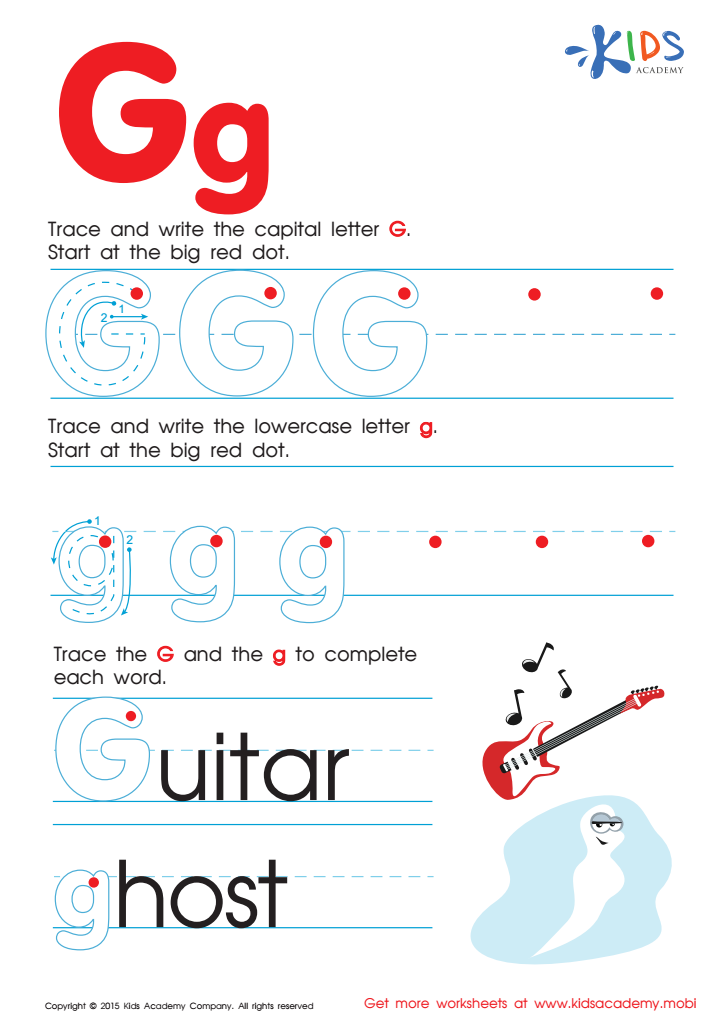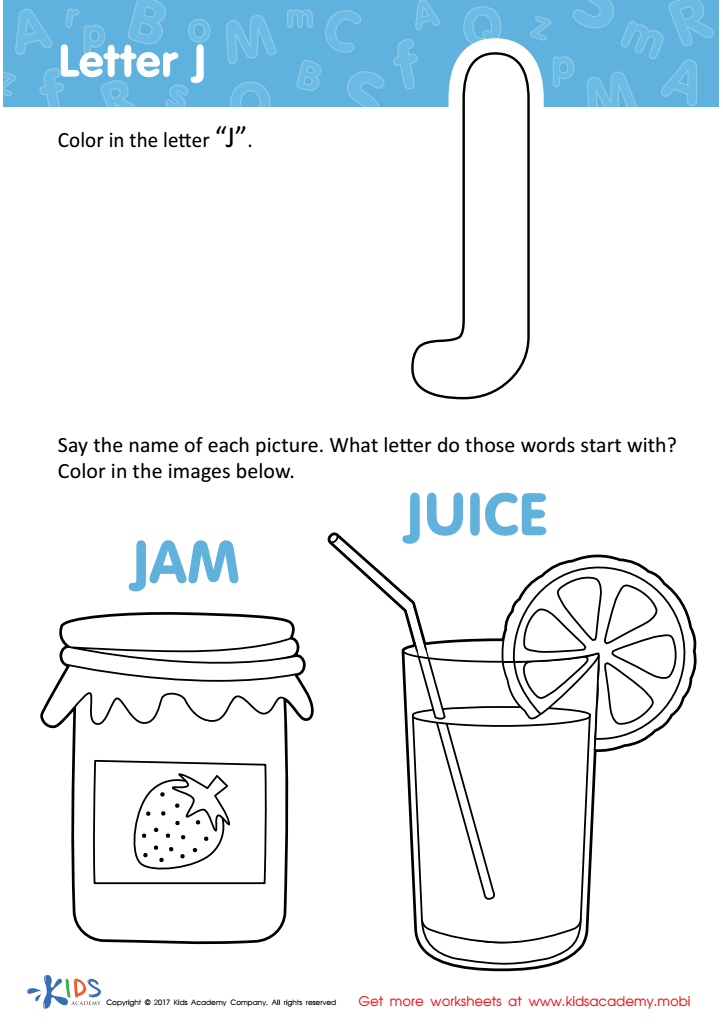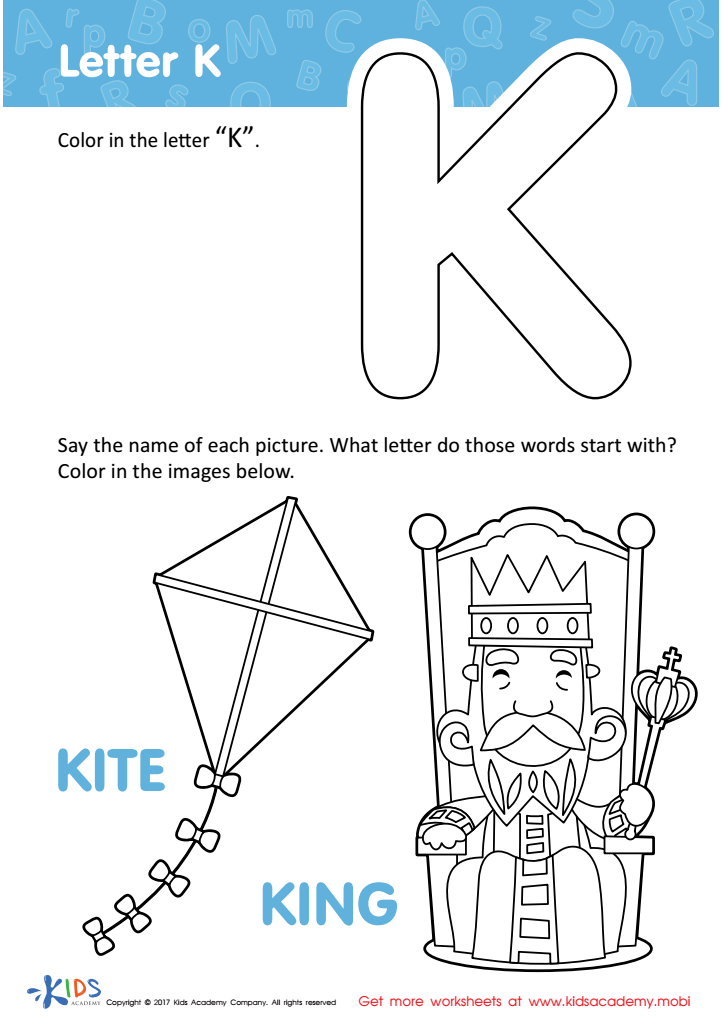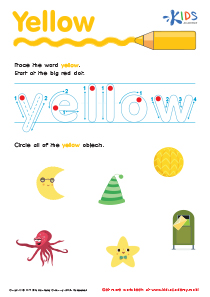Alphabetical order understanding Normal English for Beginners Worksheets for Ages 6-9
3 filtered results
-
From - To
Discover essential worksheets designed to help beginners aged 6-9 grasp the concept of alphabetical order in English! Our user-friendly resources guide young learners through engaging activities that enhance their reading, writing, and vocabulary skills. Each worksheet is carefully crafted to introduce the basics of organizing words, reinforcing letter recognition and sound associations. Perfect for both classroom and home use, these activities foster a deeper understanding of language while making learning fun. Equip children with vital skills for academic success and boost their confidence in handling English. Explore our collection today and watch them thrive in their language journey!


Letter G Tracing Page


Letter J Coloring Sheet


Letter K Coloring Sheet
Understanding alphabetical order is a vital skill for children aged 6-9 as it lays the groundwork for effective reading, writing, and organizational skills. Mastering this concept helps youngsters navigate dictionaries, encyclopedias, and even libraries, enhancing their research capabilities. Transitioning to more advanced texts becomes seamless when they grasp how words are sorted alphabetically.
Moreover, knowing alphabetical order fosters independence in learning. Children can easily locate information, track assignments, and organize their materials. This empowerment boosts their confidence in a classroom setting, contributing positively to their academic journey.
From a social perspective, it encourages collaboration with peers during classroom activities, such as sorting games or alphabetical challenges, enhancing interpersonal skills.
Incorporating alphabetical order practice into lessons also strengthens phonetic awareness and spelling, synergizing essential literacy skills. Overall, parents and teachers should prioritize alphabetical order comprehension. It not only aids in literacy development but also cultivates critical thinking skills and helps students become efficient learners. Recognizing its importance not just for today but for future academic challenges makes it an invaluable component of early education. Establishing this foundation early equips children with the tools needed for lifelong success in their educational endeavors.
 Assign to My Students
Assign to My Students
















